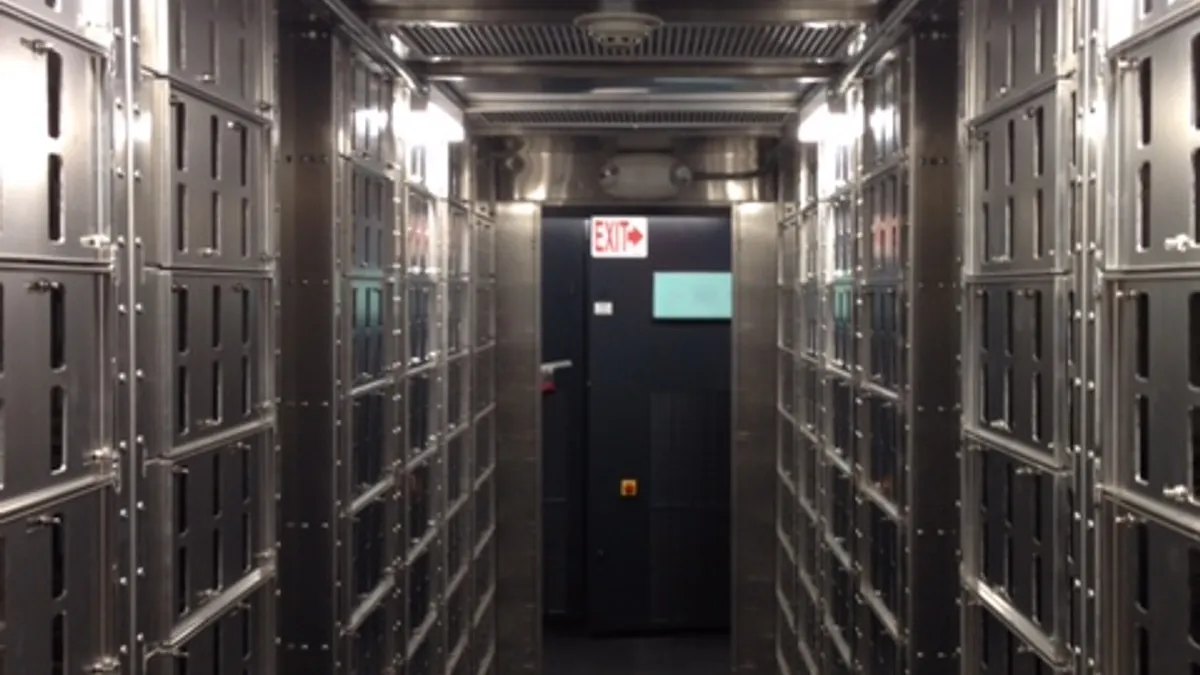Dive Brief:
- DTE Electric has filed an issue submission form with the Midcontinent ISO, asking the grid operator to update market rules to allow storage resources to be properly compensated.
- There are almost 2,800 MW of energy storage connected directly the MISO grid that are "directly impacted by the lack of appropriate terms and conditions," DTE said.
- The Federal Energy Regulatory Commission (FERC) is already reviewing the participatory model and if it is approved by the agency, MISO would be required to implement it, according to DTE.
Dive Insight:
As energy storage comes online in wholesale markets, grid operators are being tasked with rethinking market rules and structures designed for older technologies—and which may harm newer types of resources.
DTE Electric and Indianapolis Power & Light are two utilities pushing FERC and MISO to examine storage tariffs, saying the grid operator's rules are insufficient and require revision.
IPL’s 20 MW, 20 MWh Harding Street storage facility went into service last year, but there is no regulatory path for IPL to get paid. The company says current market design means that lithium-ion batteries wanting to participate in the MISO market would be forced to operate in a way that would degrade their batteries quicker than usual.
And while the Harding Street project was developed to participate in the organized ancillary services market for regulation, the battery "been placed administratively behind the meter because current market mechanisms – designed only for synchronous generators – severely diminish the benefits to all customers on the grid by directing the device to slow down to mimic synchronous generators."
The massive 2,300 MW Ludington Pumped Storage Resource, owned by Consumers and DTE, is also being impacted by market rules, according to DTE's filing.
"A large Energy Storage Resource is only capable of offering firm capacity when it has an assured energy supply," DTE said. "When a large Energy Storage Resource does not have confidence that it will be able to recharge in order to meet its firm capacity obligations it may either restrict the firm capacity it offers or, if it offers firm capacity, it may restrict its operation in the energy market in order to ensure that it will be able to meet its capacity obligations."
Given the time needed to institute market changes, DTE said it is "prudent to aggressively work through the needed changes immediately." Even absent approval by FERC, DTE said its proposals are "a valid method for incorporating Energy Storage resources in order for the benefits of these devices are fully realized."















